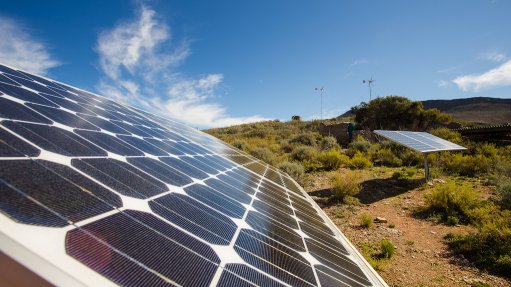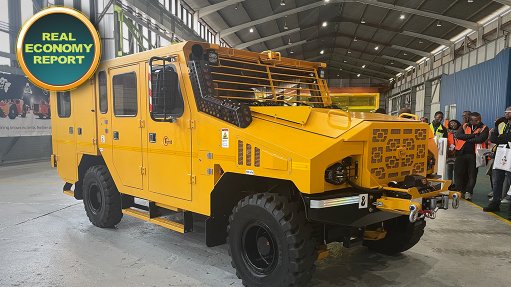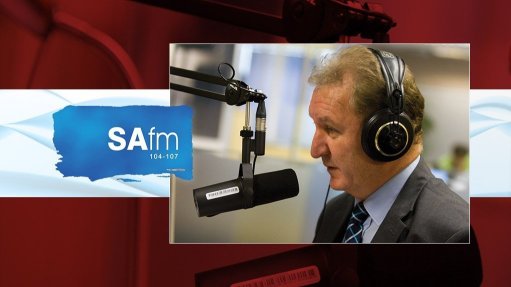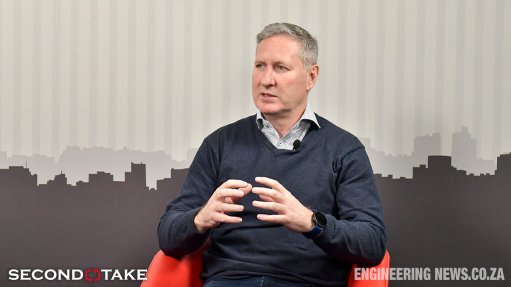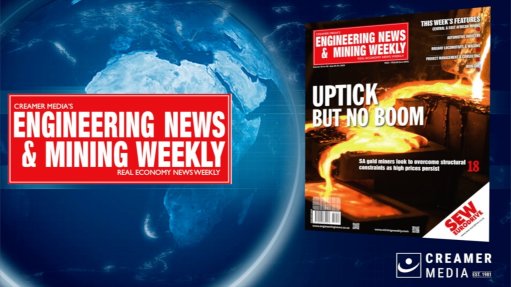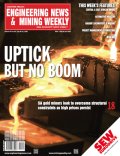UK agency seeks to help South African industry to decarbonise
The UK Energy Systems Catapult sought to help South Africa leapfrog the errors the UK had made, in seeking to create a net-zero carbon emissions energy system. So highlighted Energy Systems Catapult advisor Brendan O’Neill, addressing the Southern African Sustainable Energy Conference (SASEC) 2024, via video link from the UK, on Thursday. SASEC was being held in Somerset West, near Cape Town.
The Catapult was an independent entity, he explained. Although it received a grant from the UK government, it was not part of the UK government. “We take a whole systems view, a holistic view,” he added, just like the aircraft industry did. They were technology agnostic, but focused on low-cost options.
The Catapult was also seeking to save South Africa from spending research and development funding, time, and expertise, to replicate what had already been done elsewhere. The aim was to leverage both South African and British expertise to ensure a just transition for industry, in both countries.
Regarding industrial decarbonisation in South Africa, the Catapult had done a scenario planning exercise. They had identified five scenarios, designated renewable energy, infrastructure development, national hydrogen hub, regional hydrogen hub, and net-zero delay.
They had also developed lists of measures that would allow different industrial sectors (in both countries) to achieve net-zero carbon emissions. In the case of South Africa, there were key industrial sectors that could not reach net-zero unless they had an energy supply that was itself net-zero.
Of the above scenarios, it was the renewables path that would be the quickest way for South African industry to reach net-zero. It required the most capital investment, but also created the most jobs. On the other hand, the national hydrogen scenario would be the lowest cost option for industrial decarbonisation, but it was also the scenario that created the fewest jobs.
The UK Energy Systems Catapult was set up some 30 years ago, and was one of a series of such “Catapults” which covered many high-tech industrial sectors in the UK. It was based in Birmingham, and had a staff complement of about 300.
Comments
Press Office
Announcements
What's On
Subscribe to improve your user experience...
Option 1 (equivalent of R125 a month):
Receive a weekly copy of Creamer Media's Engineering News & Mining Weekly magazine
(print copy for those in South Africa and e-magazine for those outside of South Africa)
Receive daily email newsletters
Access to full search results
Access archive of magazine back copies
Access to Projects in Progress
Access to ONE Research Report of your choice in PDF format
Option 2 (equivalent of R375 a month):
All benefits from Option 1
PLUS
Access to Creamer Media's Research Channel Africa for ALL Research Reports, in PDF format, on various industrial and mining sectors
including Electricity; Water; Energy Transition; Hydrogen; Roads, Rail and Ports; Coal; Gold; Platinum; Battery Metals; etc.
Already a subscriber?
Forgotten your password?
Receive weekly copy of Creamer Media's Engineering News & Mining Weekly magazine (print copy for those in South Africa and e-magazine for those outside of South Africa)
➕
Recieve daily email newsletters
➕
Access to full search results
➕
Access archive of magazine back copies
➕
Access to Projects in Progress
➕
Access to ONE Research Report of your choice in PDF format
RESEARCH CHANNEL AFRICA
R4500 (equivalent of R375 a month)
SUBSCRIBEAll benefits from Option 1
➕
Access to Creamer Media's Research Channel Africa for ALL Research Reports on various industrial and mining sectors, in PDF format, including on:
Electricity
➕
Water
➕
Energy Transition
➕
Hydrogen
➕
Roads, Rail and Ports
➕
Coal
➕
Gold
➕
Platinum
➕
Battery Metals
➕
etc.
Receive all benefits from Option 1 or Option 2 delivered to numerous people at your company
➕
Multiple User names and Passwords for simultaneous log-ins
➕
Intranet integration access to all in your organisation






